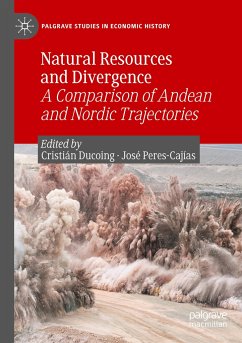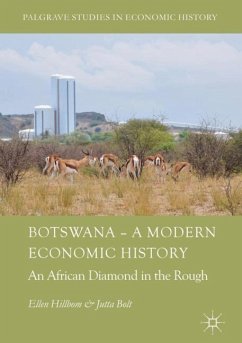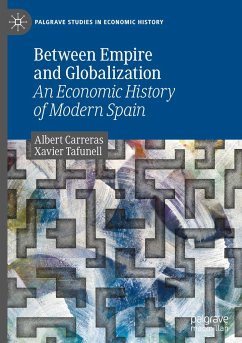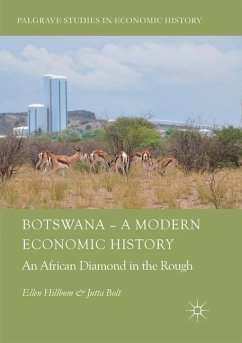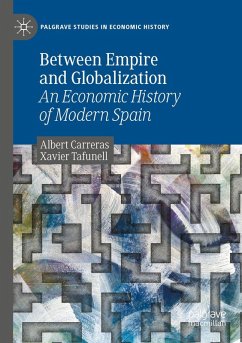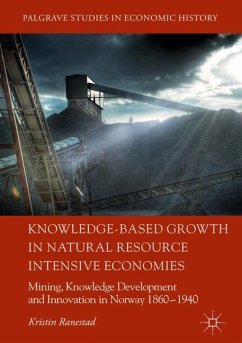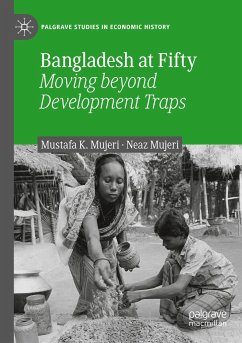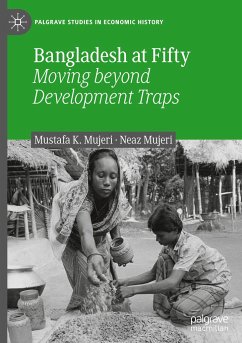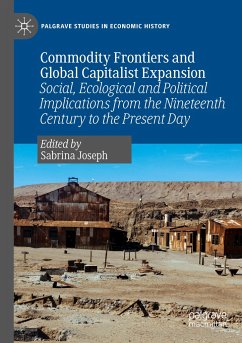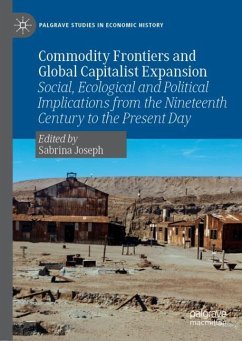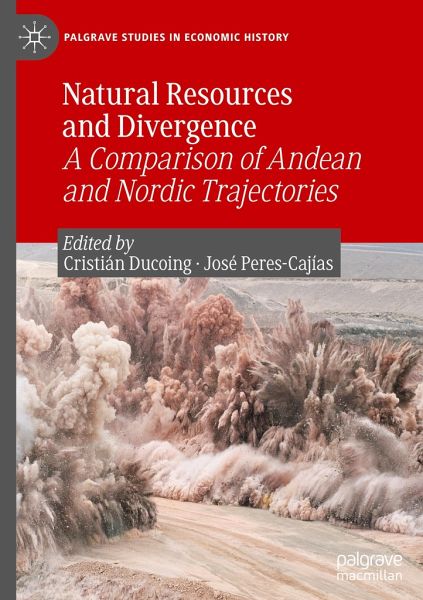
Natural Resources and Divergence
A Comparison of Andean and Nordic Trajectories
Herausgegeben: Ducoing, Cristián; Peres-Cajías, José

PAYBACK Punkte
0 °P sammeln!
Is the 'natural resource curse' destiny? Are different ways to link natural resources and economic development? Using two particular regions as case studies, this edited collection examines the divergent development paths of natural resource rich countries over the past two centuries. Bolivia, Chile and Peru are neighbour states with a common history and are globally known by their mining endowments. Norway and Sweden have also a strong common history, and different natural resource endowments (forestry, mining and fishing) are essential to understand their current economic success. By compari...
Is the 'natural resource curse' destiny? Are different ways to link natural resources and economic development? Using two particular regions as case studies, this edited collection examines the divergent development paths of natural resource rich countries over the past two centuries. Bolivia, Chile and Peru are neighbour states with a common history and are globally known by their mining endowments. Norway and Sweden have also a strong common history, and different natural resource endowments (forestry, mining and fishing) are essential to understand their current economic success. By comparing natural resource management in the long run in these two divergent regions, this book can help rethink how developing countries can better take advantage of their natural resource endowments. Specifically, the book examines the interaction between natural resources and different key determinants of long-term development: trade, fiscal policy, sustainability, human capital accumulationand business strategies.





